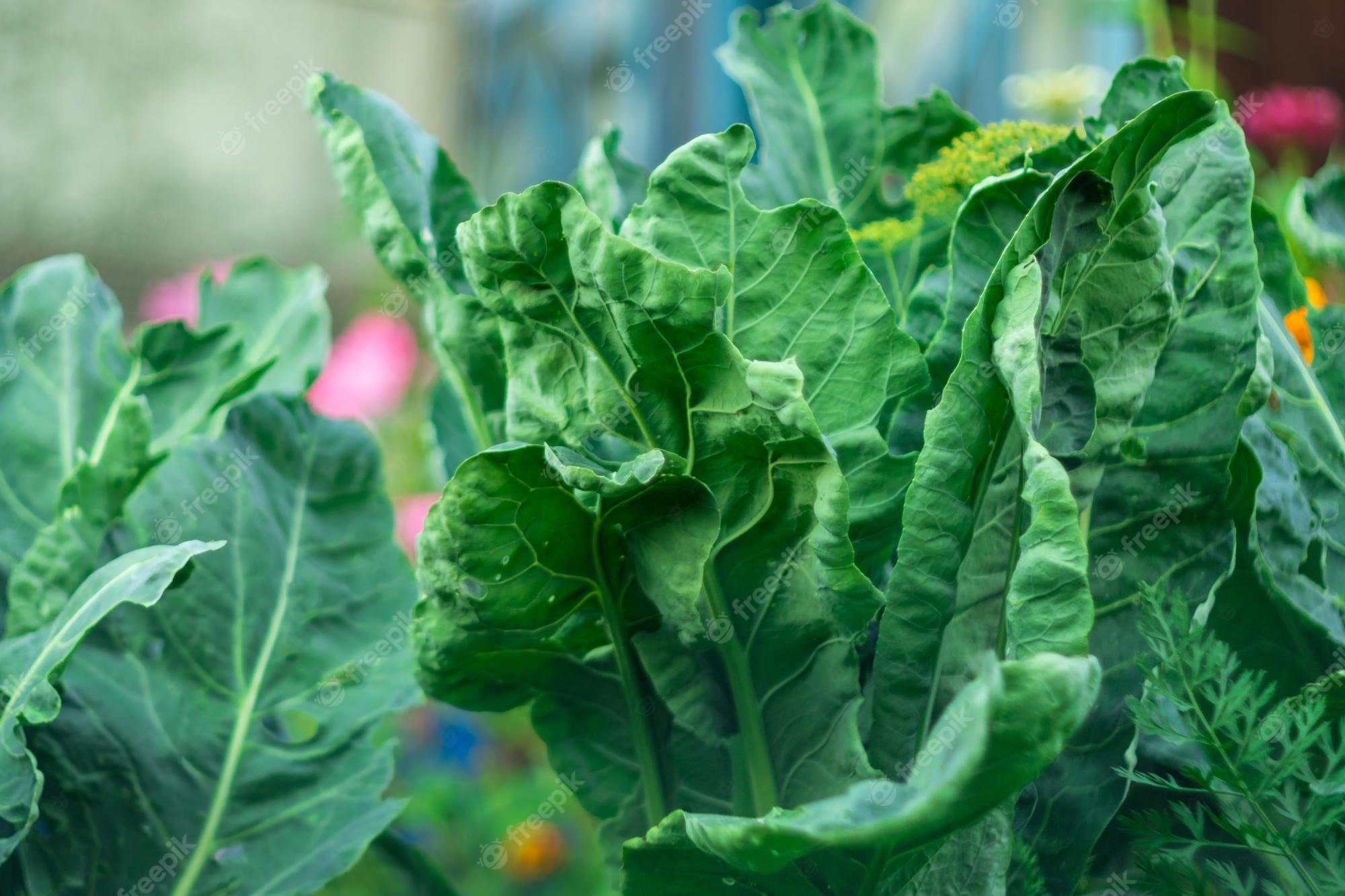
In the journey of pregnancy, expectant mothers are often bombarded with advice about what they should or shouldn’t eat. Among the numerous food choices, kale stands out as a superfood, celebrated for its incredible nutritional value. But is kale really good for pregnancy, or is it just another trendy leafy green? Let’s dive into the world of kale and its benefits during pregnancy.
Contents
The Nutritional Powerhouse – Kale
Kale, scientifically known as Brassica oleracea, belongs to the cruciferous vegetable family, which includes broccoli, cauliflower, and Brussels sprouts. It’s renowned for being densely packed with essential nutrients, making it an excellent choice for pregnant women.
1. Rich in Folate
Folate, also known as vitamin B9, plays a vital role in fetal development. It aids in the formation of the baby’s neural tube and helps prevent certain birth defects. Kale is a folate-rich food, making it a valuable addition to the pregnancy diet.
2. Abundant in Iron
Pregnant women often experience an increased need for iron to support the growing baby and maintain their own health. Kale is an excellent source of iron, which is crucial for preventing anemia during pregnancy.
3. Vitamin C Boost
Kale is loaded with vitamin C, an essential nutrient that enhances iron absorption. This dynamic duo of iron and vitamin C helps maintain healthy blood circulation and ensures that both you and your baby are getting the oxygen you need.
4. Fiber for Digestive Health
Constipation is a common discomfort during pregnancy. The high fiber content in kale can help alleviate this issue, promoting better digestive health.
Enjoy Kale Safely
While kale offers numerous benefits, it’s important to consume it in moderation and with some precautions during pregnancy.
1. Avoid Raw Kale
Raw kale can be challenging to digest and may contain compounds that interfere with thyroid function. To make it safe for consumption during pregnancy, opt for cooked kale, which is gentler on your digestive system.
2. Wash Thoroughly
Ensure that you wash kale thoroughly to remove any residual pesticides or bacteria. This precaution is crucial to safeguard both your health and your baby’s.
Conclusion
In conclusion, kale can be a fantastic addition to a pregnant woman’s diet due to its rich nutrient profile. However, it’s essential to prepare it properly and consume it in moderation. As always, it’s advisable to consult with your healthcare provider or a registered dietitian to create a well-balanced diet plan tailored to your specific needs during pregnancy.
Now, let’s address some common questions about kale and pregnancy:
FAQs
1. Can I eat kale every day during pregnancy?
While kale is nutritious, it’s best to vary your greens intake. Eating a variety of vegetables ensures you get a wide range of nutrients.
2. Can kale help with morning sickness?
Kale’s high vitamin C content may help alleviate nausea, but individual responses vary. If you’re experiencing severe morning sickness, consult your doctor for personalized advice.
3. Are there any risks associated with kale during pregnancy?
Raw kale, when consumed in large quantities, may have adverse effects on thyroid function. Cooking kale minimizes this risk.
4. Can kale supplements be a substitute for whole kale during pregnancy?
Whole foods are generally preferred during pregnancy, as they offer a broader spectrum of nutrients. Supplements should be used under medical guidance.
5. How can I incorporate kale into my pregnancy diet?
You can add kale to smoothies, soups, stir-fries, or simply sauté it with garlic and olive oil for a tasty side dish.
Remember, every pregnancy is unique, and what works for one woman may not work for another. It’s essential to listen to your body and consult your healthcare provider for personalized guidance.




